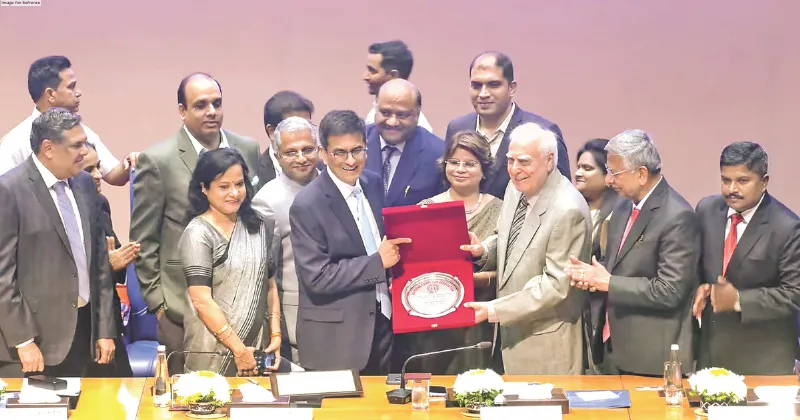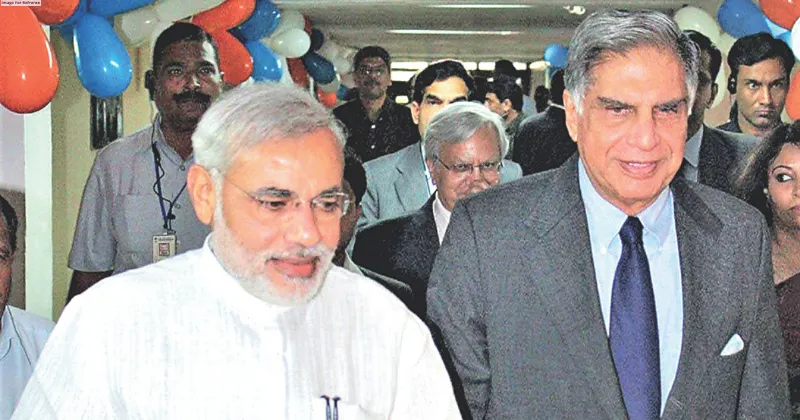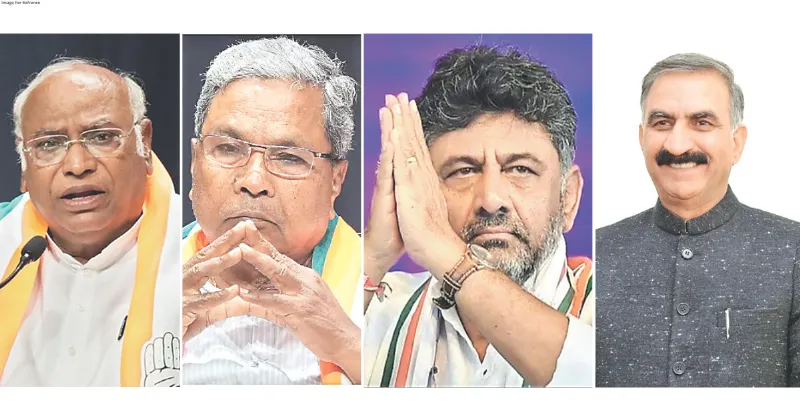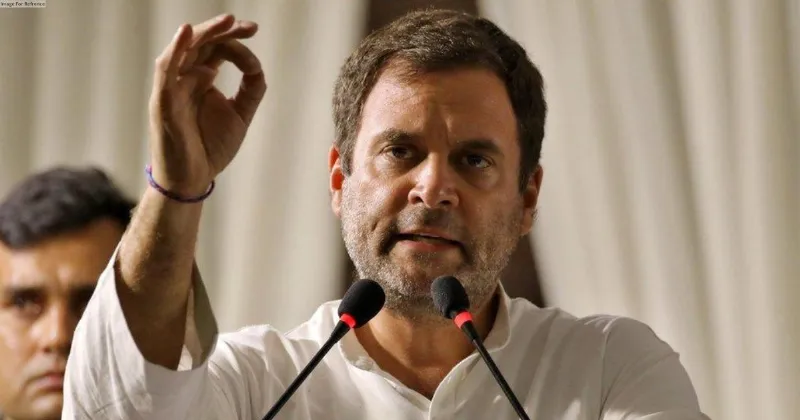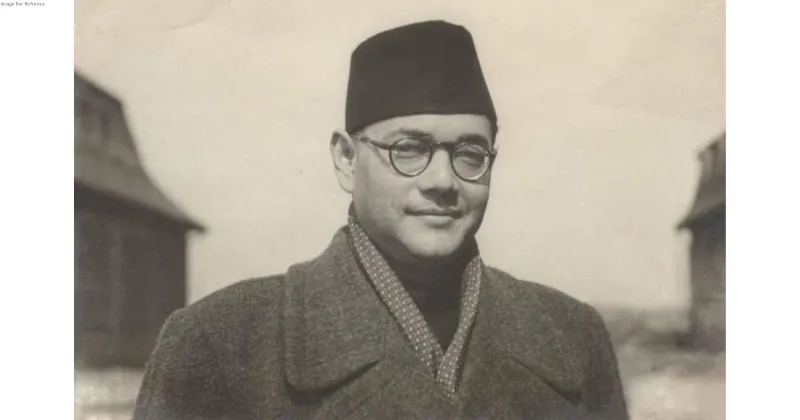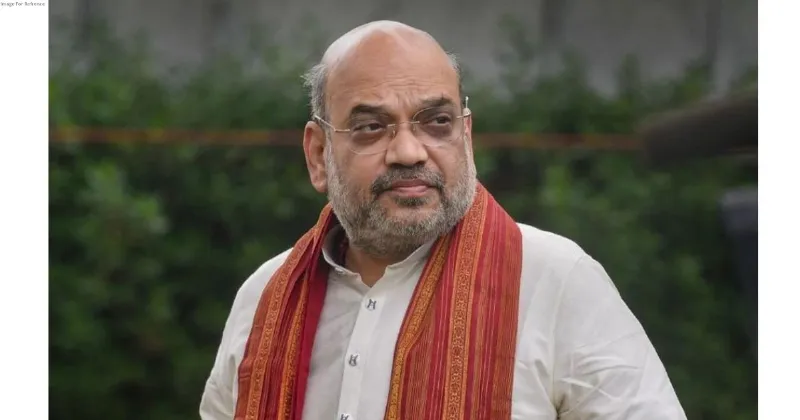SECULAR CREDENTIALS OF UCC A DESIDERATUM
Recently, the 22nd Law Commission of India has set the ball rolling for soliciting views and ideas of the public at large and recognized religious organizations about the Uniform Civil Code (referred to as UCC hereinafter), vide its public notice of 14th June, 2023. This conversation that the Commission has begun on the UCC will focus on family laws of all religions, such as, laws of marriage, divorce, succession, inheritance, maintenance, adoption, guardianship, et al. There is a need to address social injustice rather than plurality of laws. Over the ages India has prided itself over its diversity of customary practices and multiculturalism. Secularity will be meaningful in the words of 21st Law Commission (Consultation Paper of 2018) “if it can also assure that the expression of any form of difference, not just religious but also regional, does not get subsumed under the louder voice of the majority; and at the same time no discriminatory practice hides behind the cloak of religion to gain legitimacy.”
It is noteworthy that Apex Court has been urging the Central Government to get over its “frozen feet” in framing gender and religion neutral UCC, which is envisaged under Article 44 of the Constitution as an aspiration with no legal enforceability. Three decades after codification of Hindu personal laws, Supreme Court said in the case of Shah Bano (1985) that “a common civil code will help the cause of national integration by removing disparate loyalties to law which have conflicting ideologies.” Apex Court held in this case that a divorced Muslim woman is entitled to get maintenance (which was a meagre amount of Rs 20/- per month to the petitioner Shah Bano) from her husband under Section 125 of Cr.PC after ‘iddat’ period till she remarries. Criminal law, being secular in nature, does not apply differently to persons of different religions. However, enactment of Muslim Women (Protection of Rights on Divorce) Act, 1986, overturned this verdict. Despite this setback, Supreme Court has continuously held in the cases of Daniel Latifi (2001), Iqbal Bano (2007) and Shabana Bano (2009) that Muslim women should get the benefit of Section 125 of Cr.PC. Apex Court has held in the case of Sarla Mudgal (1995) that “where more than 80% of citizens have already been brought under codified personal laws, there is no justification whatsoever to keep in abeyance, any more, the introduction of UCC for all citizens in India.” Similarly, it stressed the “the desirability of achieving the goal set by Article 44 of the Constitution” in the case of John Vallamattom (2003).
India has been debating the implementation of a UCC for decades now. It must be appreciated that the demand of UCC transcends all religions and should be viewed from a strictly humanitarian perspective sans communal colours. It is imperative for every community to usher in changes according to the way society evolves. Even though petitions were submitted against UCC in 2017, the fact remains that Shariat laws, are not uniform across sects. It may bode well to see why, despite the Lex Loci Report 1840, which emphasized the need for uniformity in the codification of Indian laws, it was recommended to keep the Hindu and Muslim personal laws out of such codification. This was done with a clear intent of creating a permanent wedge between Indians. So if a particular community believes that UCC is targeted against them, it is important they see it in the right historical context before coming to their conclusions. There have been some powerful voices raised within the Muslim community in support of framing a common civil code, though too feeble to reach larger public.
If we glance across the globe, France was the first country to adopt a uniform civil code in 1804 under the Napoleonic Code. Muslim majority countries, such as, Turkey and Tunisia adopted UCC in 1926 and 1954, respectively. They abolished Islamic laws and established a secular legal system to give women equal rights in matters of marriage, divorce, and inheritance. Japan adopted a uniform civil code in 1947 as part of the country’s post-World War II reforms. Mexico adopted a uniform civil code in 1928 as part of the country’s modernization efforts. In Britain, Shariat law is applicable to the extent it does not contravene the national law. China has adopted its first civil code in May 2020, with effect from 1st January, 2021. A report of the Commission on Marriage and Family Laws in Pakistan concluded that “the question which is likely to confront Muslim countries is whether the law of Islam is capable of evolution – a question which will require great intellectual effort and is sure to be answered in the affirmative.”
Law Commission’s window has presented an opportunity to start awareness as to what exactly UCC entails. While UCC is certainly a constitutional desideratum, there is an equal need to acknowledge and overcome the hindrances in this endeavour through consensus. Let us admit that there is something powerfully symbolic about UCC, as Alladi Krishnaswami Ayyar said in the Constituent Assembly that it would weld “competing communities into a single nation.”
THE VIEWS EXPRESSED BY THE AUTHOR ARE PERSONAL
Shrawan Sawhney The writer is IAS (Retd.)







